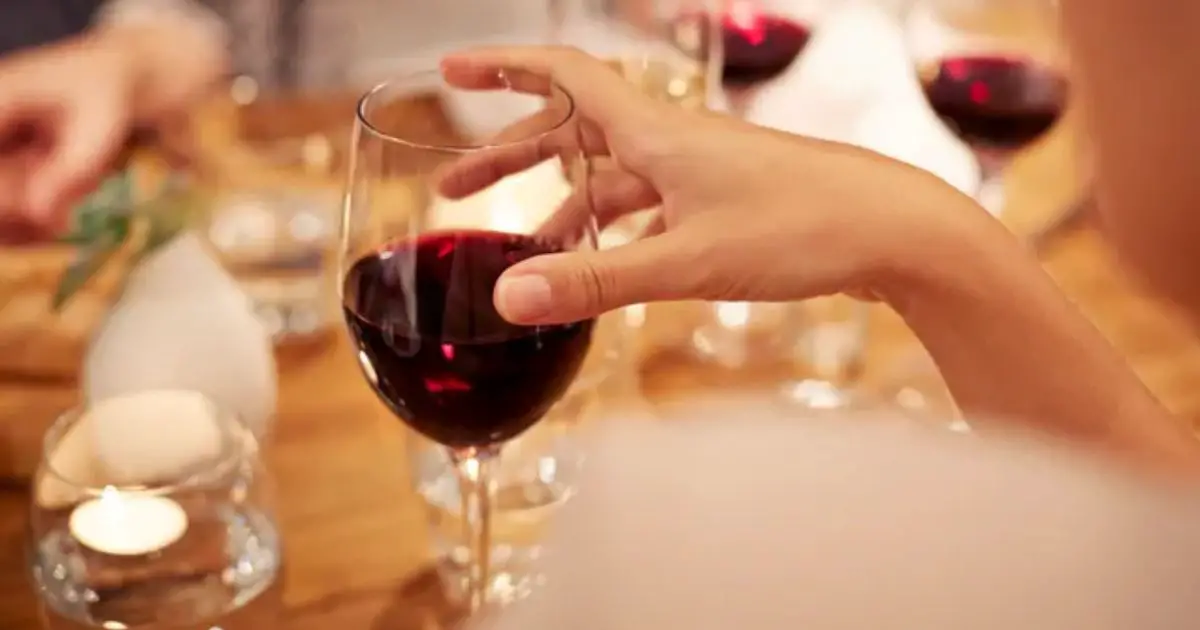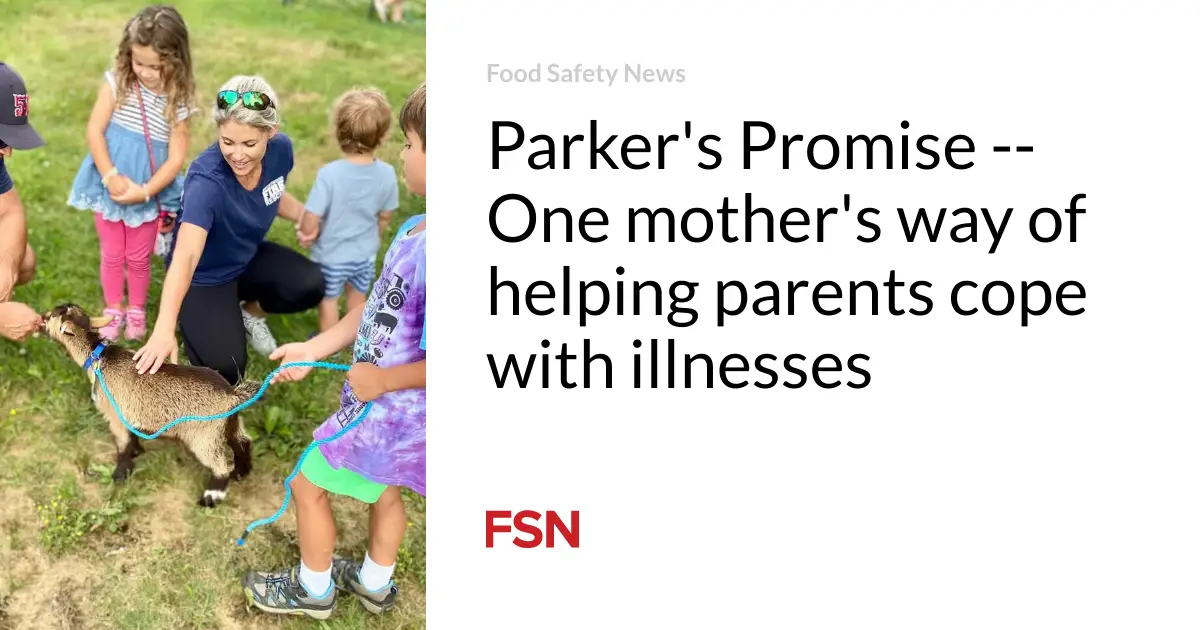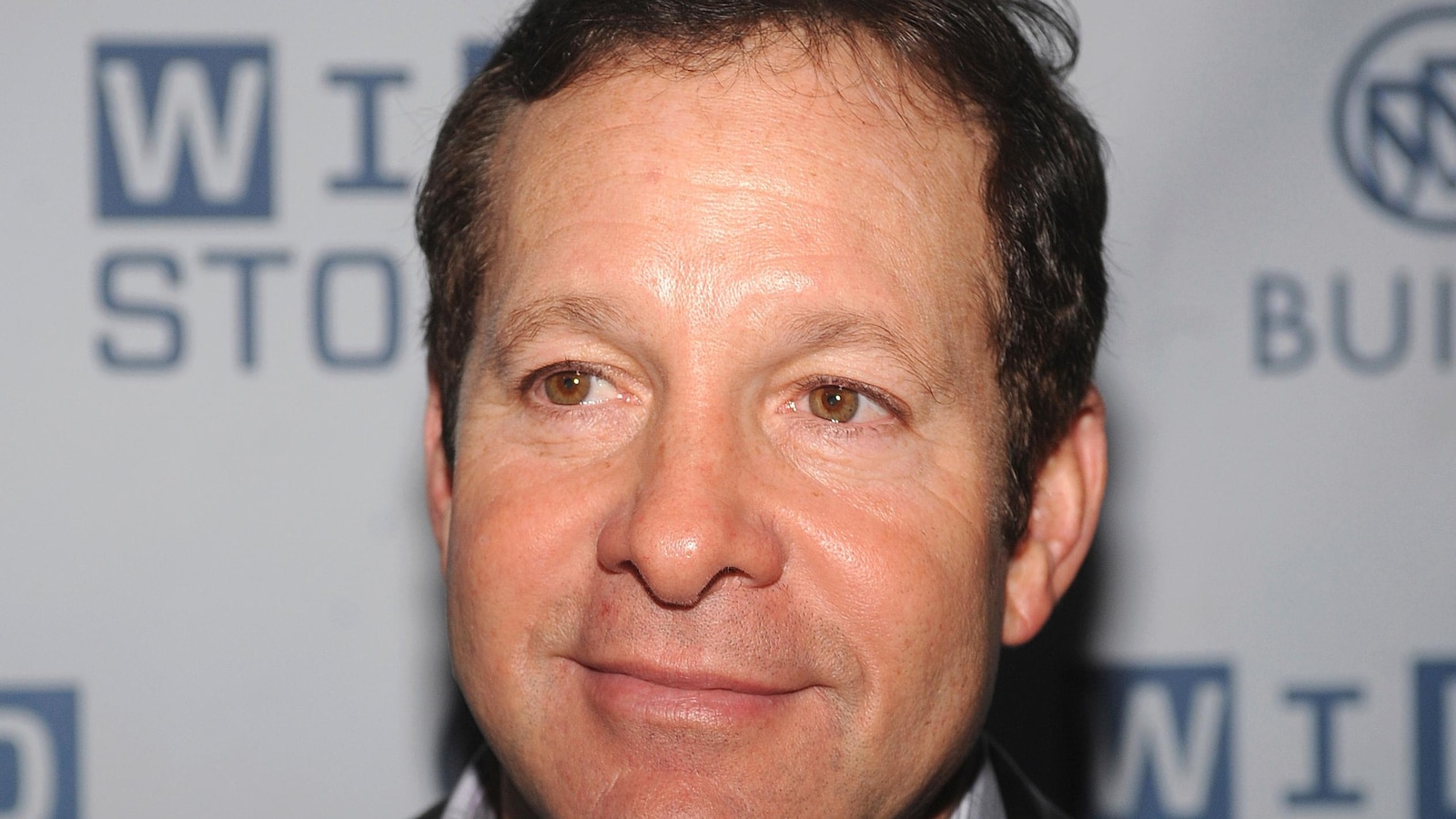
German is famous for containing words, like “schadenfreude,” that English can’t express.
Well, let me assure you Irish slang can offer the same ― for instance, “the fear,” which is also called “the beer blues,” “drinker’s remorse,” or “the chronics,” is well overdue a spot in common parlance.
It explains what Lisa Gunn, Mental Health Prevention Lead at Nuffield Health, says is a common side-effect of booze; it makes anxiety worse.
“Alcohol is a depressant that can initially produce a calming effect,” she told HuffPost UK.
“When this wears off, we typically see a rebound effect where anxiety levels spike. This is partly because alcohol disrupts the balance of neurotransmitters and chemical messengers in the brain.”
But are all drinks equally guilty?
Not neccesarily ― but none of them are especially helpful
Let’s face facts here ― no alcoholic tipple is going to benefit our mental health, and neither are hangovers.
“One study estimates that around 12% of adult drinkers experience anxiety during a hangover, with a further 15% experiencing depression,” Lisa Gunn said.
“Another study reported significantly higher numbers of 18.3% for anxiety and 29.9% for depression.”
Those who are already predisposed to having, or currently have, anxiety might be particularly hard hit, Gunn adds.
So it shouldn’t shock you that while “different drinks… react differently in different people,” in general, the higher the alcohol percentage, the steeper the effects seem to be.
Spirits, for instance, “can cause our blood alcohol level to spike, which can lead to more pronounced rebound anxiety once the effects wear off.”
Cocktails combine spirits with sugar, which “can also heighten anxiety by causing our blood sugar levels to rise and fall over the course of a night out,” Gunn says.
And if you’re opting for some vino, you might want to choose red over white.
Red wine contains tyramine and histamines which Gunn says can “make red wine more likely to trigger anxiety in susceptible people.”
Sweet wines, meanwhile, have the same blood sugar issues as cocktails.
As for beer and lager, their lower alcohol content means you can drink them over a longer period of time, which “can help with rebound anxiety,” Gunn shared.
Crucially though, “it still depends on how much we consume.”
Drink types aren’t the only culprit
If you think you’re going to save yourself from The Fear by sticking to a genteel shandy, you may be misled.
Firstly, there’s the social aspect of “hangxiety” to consider.
“When we drink, we become inebriated and ‘care-free’, which can
cause us to say and do things we wouldn’t do when we’re sober,” the mental health expert said.
“If we go into ‘blackout’ (periods of alcohol-induced memory loss) during a period of acute intoxication, we are even more likely to wake up with feelings of anxiety, fear, worry, and dread,” she added.
Secondly, the dose makes the poison; and thirdly, those who have social anxiety to begin with may be more likely to drink to ease their worries when going out.
“Instead of helping with our anxiety, alcohol may start to worsen it, making social situations even more difficult to manage,” Gunn commented.
If you’re struggling with your relationship to alcohol, she advises you to reach out to services like your GP, Al-Anon, Alcoholics Anonymous, Drinkaware, Talk To Frank, SMART Recovery, Turning Point, or We Are With You.
And if you’re physically dependent on alcohol, “you should never stop drinking on your own.”
14% of Brits have cut down on their drinking this year to improve their mental health, Gunn adds.
Help and support:
- Mind, open Monday to Friday, 9am-6pm on 0300 123 3393.
- Samaritans offers a listening service which is open 24 hours a day, on 116 123 (UK and ROI – this number is FREE to call and will not appear on your phone bill).
- CALM (the Campaign Against Living Miserably) offer a helpline open 5pm-midnight, 365 days a year, on 0800 58 58 58, and a webchat service.
- The Mix is a free support service for people under 25. Call 0808 808 4994 or email help@themix.org.uk
- Rethink Mental Illness offers practical help through its advice line which can be reached on 0808 801 0525 (Monday to Friday 10am-4pm). More info can be found on rethink.org.







